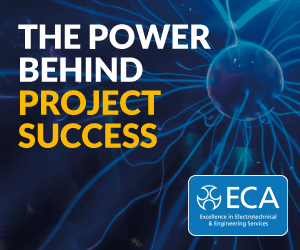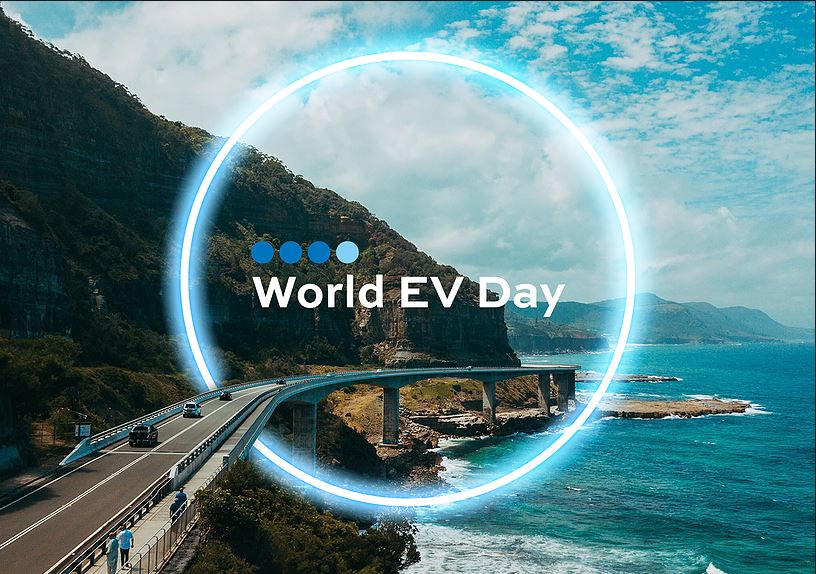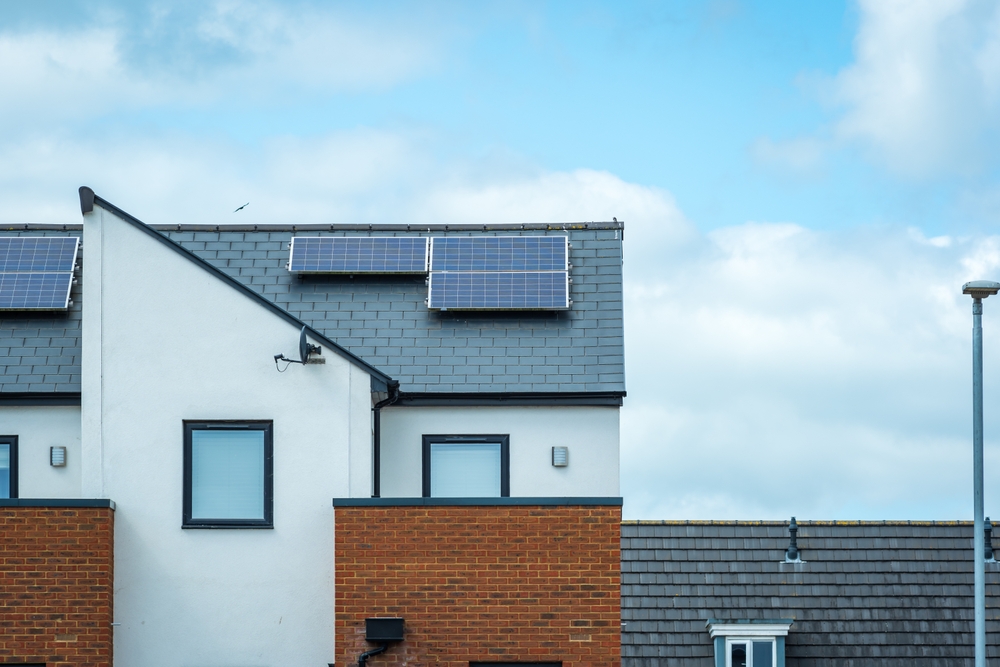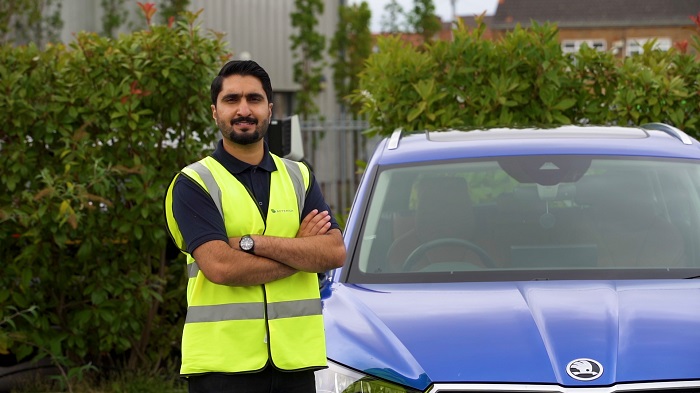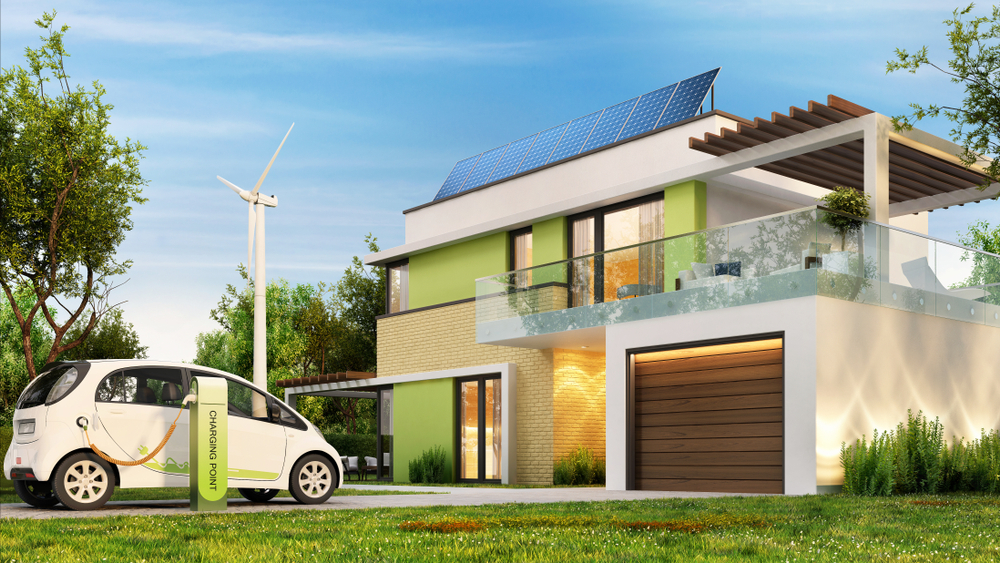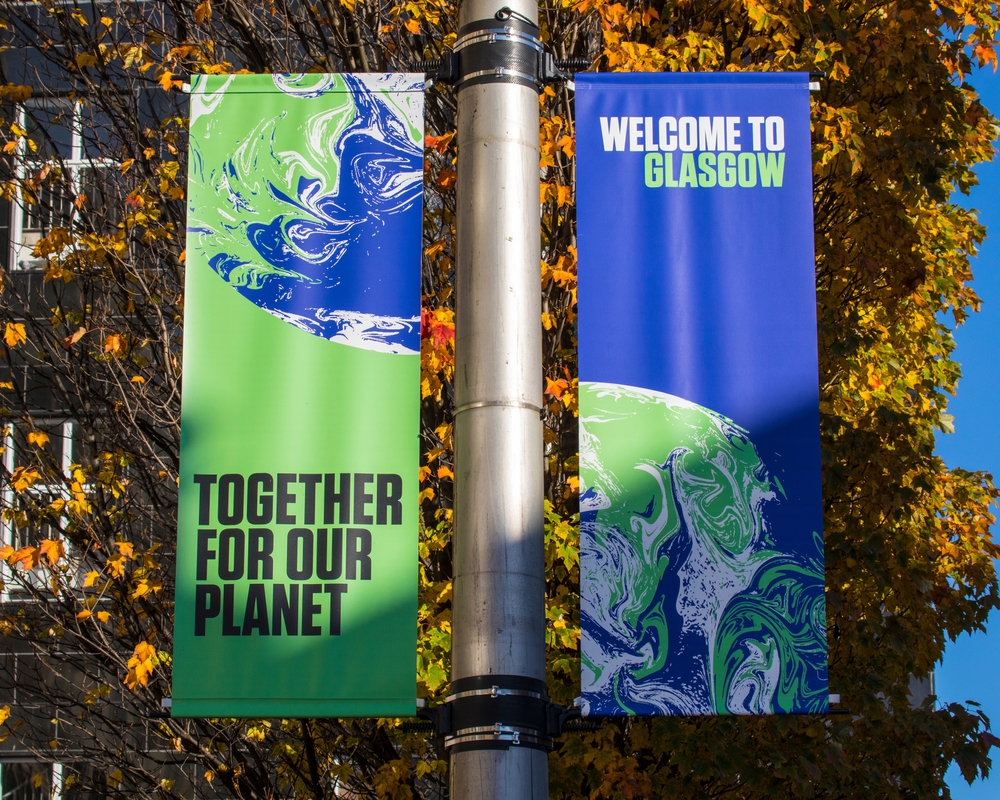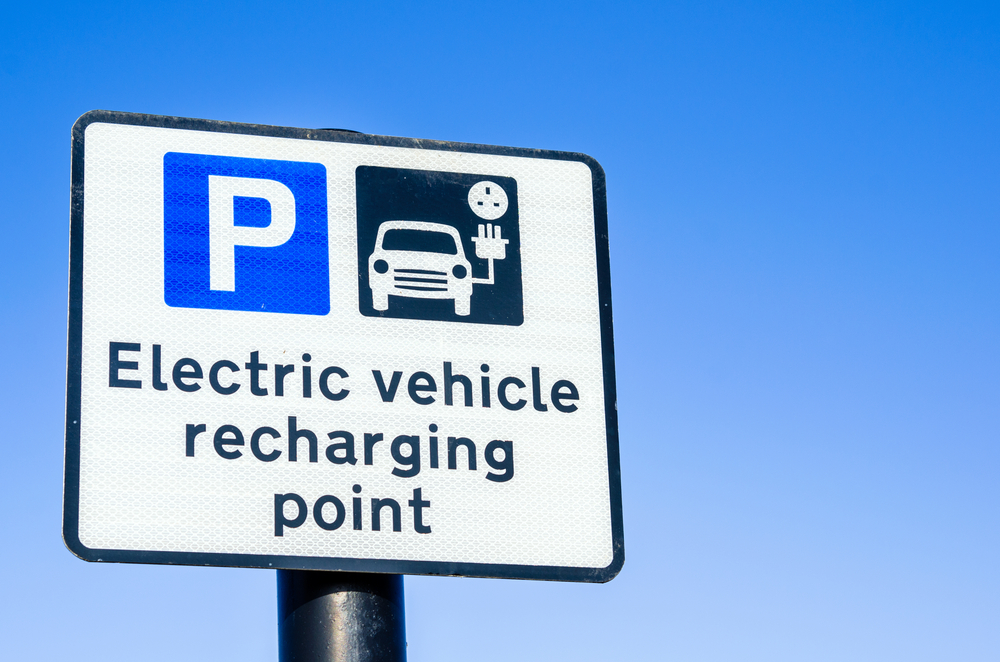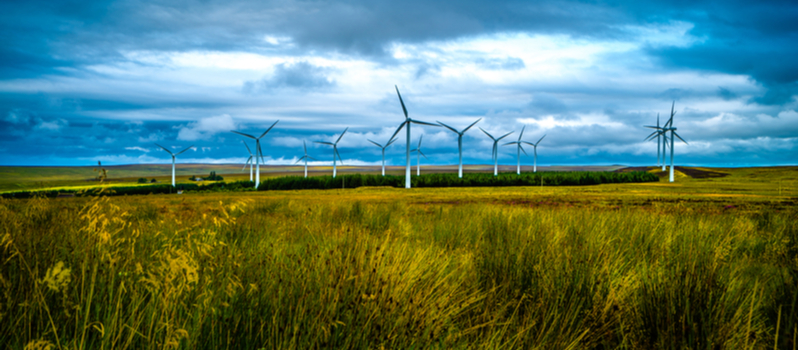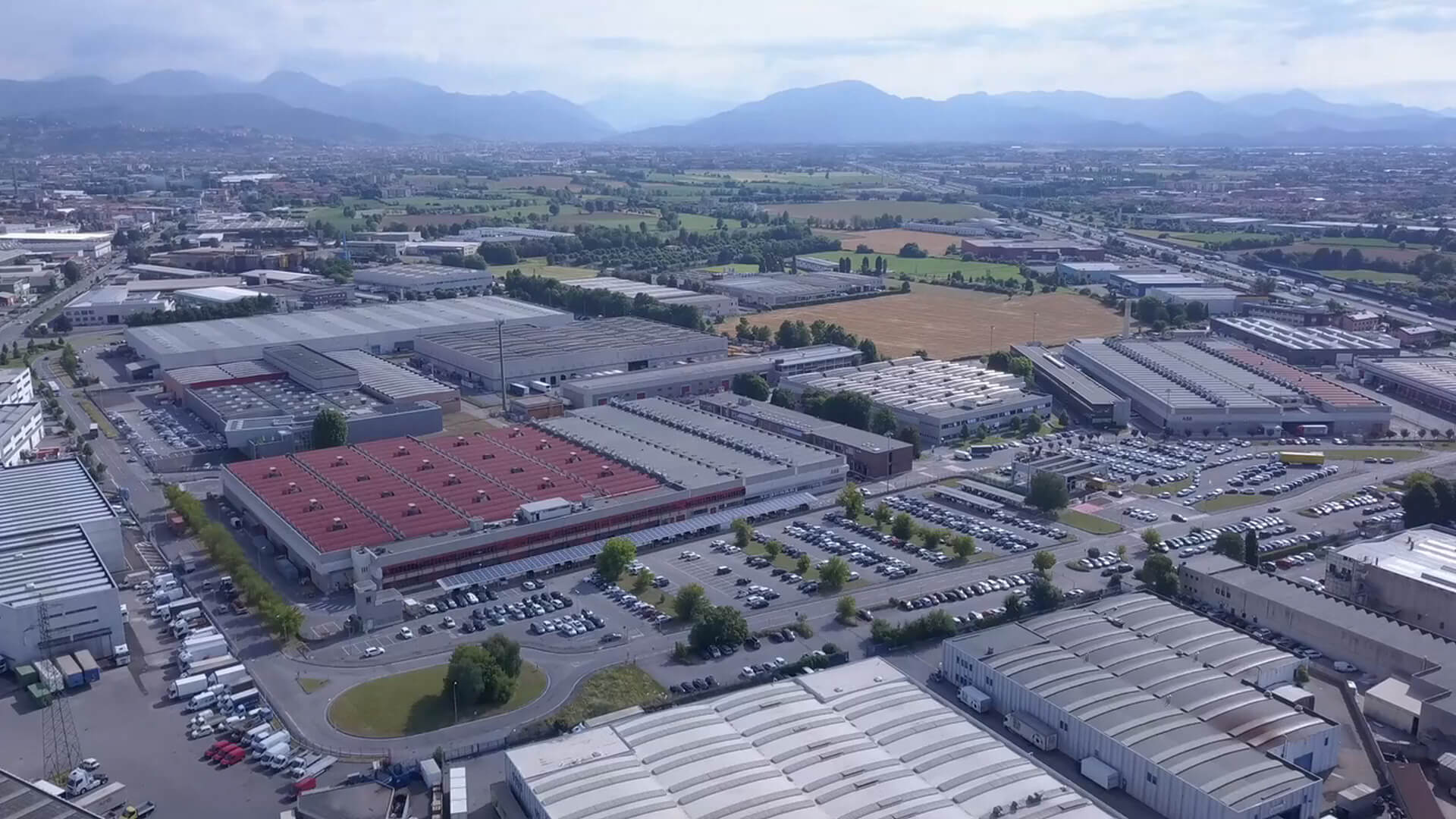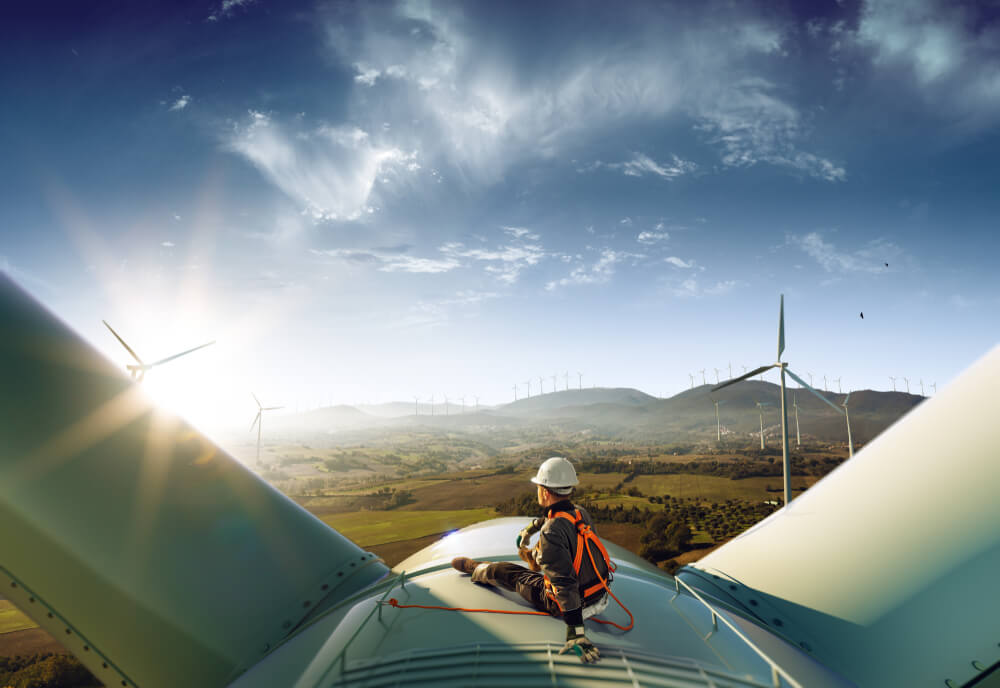Energy bills now a defining challenge and opportunity
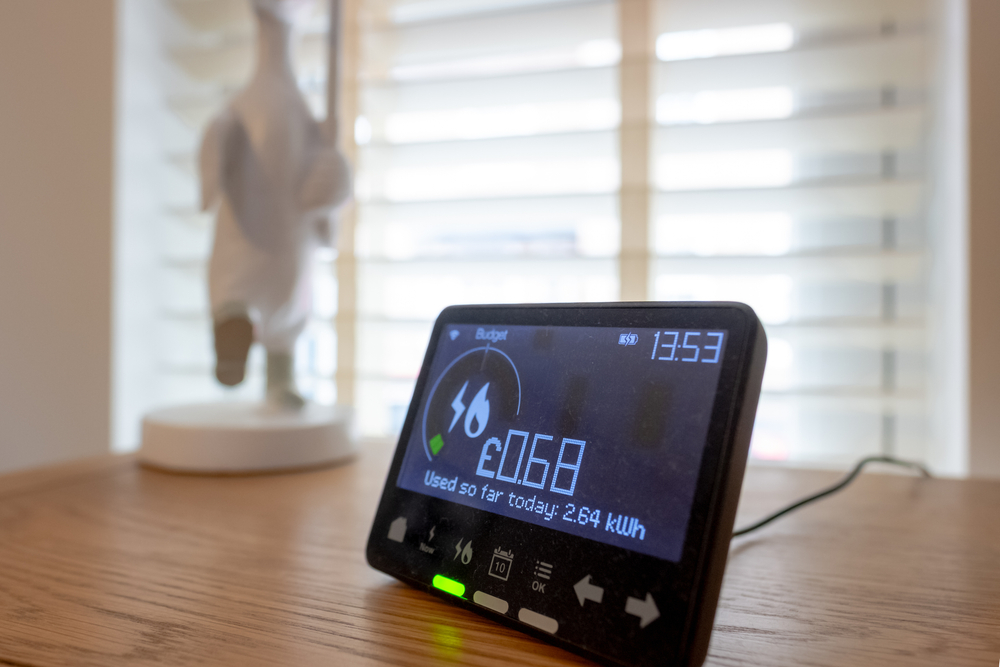
In recent months the focus on sky rocketing energy prices for domestic consumers has tended to overshadow the plight of businesses and the public sector. Yet the impact of the recent price hikes has folded businesses, raised operational and commercial prices and continues to threaten public services. Even with the introduction of the Government’s temporary energy price support, high energy prices remain a major operational overhead for businesses and service providers.
ROI looking good for active measures
The result is that operational energy costs are now a hot topic in finance and FM departments, and even boardrooms across the country. In addition to ‘passive’ energy solutions such as insulation, anyone who operates premises will also be looking to ‘active’ (engineering technology) solutions to help get energy, and notably electricity, bills under control. In response, manufacturers and contractors in our sector now offer an array of active electronic and electrical equipment (EEE) solutions. These range from energy efficient lighting, sensors and controls to solar PV and other renewables, battery storage and ‘smart’ energy systems. Even with the government’s current price cap, ongoing energy prices mean that the ROI for solutions such as new LED lighting may be a matter of months. Payback times for other active energy solutions are typically around a third of those being quoted in 2021.
Energy Pivot to cut costs and carbon
As clients and customers look for viable ways to cut burgeoning energy bills with active products and systems, it’s worth remembering that these measures also deliver significant operational carbon savings. And the scope for these will increase as EEE manufacturers continue to improve energy performance. For example, a major international lighting manufacturer’s new range of LEDs offer 60W output equivalent (840 lumen) for only 4W input. Reduced carbon emissions, even if they result from the primal need to reduce costs, all contribute to the UK’s 2050 NZC goals. They will also help the organizations that install them to meet the continued low carbon expectations of stakeholders.
The high cost of energy is continuing to drive strong customer demand for energy solutions. All this means that the much vaunted ‘Green Pivot’ - itself already a considerable engineering services opportunity - has become an integral part of a much wider opportunity for businesses in our sector – the ‘Energy Pivot.’ Pivoting an electrotechnical business towards these opportunities can take some time to achieve, particularly if there are product supply chain issues. However, in the mid to long-term, the opportunities appear considerable. As UK society and the wider economy deal with a huge energy challenge, our sector looks well placed to help many customers bring down seriously inflated costs. And whenever they do, much-needed carbon reductions will follow.
Are you up to date with ECAtoday?
ECAtoday is the official online magazine of ECA and reaches thousands of people within the electrotechnical and engineering services industry.






